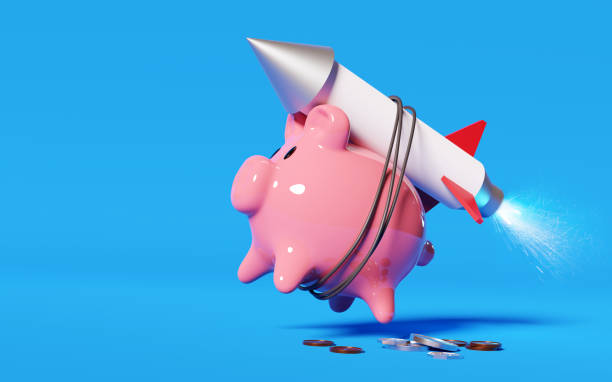Recently, the Financial Independent, Reire Early (FIRE) movement has been heating up.
In order to achieve FIRE, it is recommended to accumulate investment amounts mainly with low-cost and stable index funds, but there are two investment vehicles which might be confusing: investment funds and ETFs.
This time, I would like to introduce the differences between investment funds and ETFs.
Similarities and Differences Between Investment Funds and ETFs
The differences between investment funds and ETFs are summarized in the table below.
| Investment Fund | ETF | |
| Listed and unlisted | Unlisted | Listed |
| Operation | Active and passive (index) operations | Passive (index) operations |
| Trading Channel | Fund company or appointed distributors | Any intermediary (i.e. brokerage or bank) |
| Trading hours | Within the time specified by the trading channels | Exchange trading hours |
| How to order | Purchase at NAV through the fund company or appointed distributors | Available in the market through any intermediary, acquired on limit or market orders |
| Transaction price | Net Asset Value (calculated once a day) | Market price (fluctuates in real time) |
| Cost | Generally higher than ETFs | Generally cheaper than Investment funds |
Listed and Unlisted
In fact, both ETFs are categorized into investment funds, but ETFs are listed investment funds.
The official name of the ETF is exchange traded funds, which means that the investment funds listed on the market and traded through the stock exchange are EFTs.
Operation
Investment funds can be different in management methods: active funds and passive funds (index funds).
If you want to know the detailed difference between active funds and passive funds (index funds), please see the article below.
On the other hand, ETFs, like index funds, aim to achieve investment results equal to predetermined benchmark indices (i.e. Nikkei Stock Average and S&P 500).
In addition, both investment funds and ETFs are composed of various stocks, so it is easy to well diverse portfolio and maintain the strength of being able to reduce risk.
Transaction
A typical investment fund can be purchased through a fund company or appointed distributors for each fund at a Net Asset Value (NAV) calculated once a day.
ETFs, on the other hand, are listed, so they can trade at a market price that is decided in real time within the exchange’s trading hours through any intermediary, just like stocks.
For long-term investors, these differences are not a big problem, but ETFs may be better for traders for short-term trading, such as day trading.
In most cases, ETFs have a lower minimum purchase price than mutual funds in the United States.
ETFs, like stock trading in the U.S. market, are available from one unit, and some brokerages offer services that can be purchased in fraction of the unit.
Investment funds, on the other hand, generally set the minimum purchase price at several thousand dollars although some of them do not set a minimum purchase price.
In general, investment funds can make periodic automatic investments, but ETFs are basically purchased and sold by investors themselves after checking market prices, so periodic automatic investments may not be available for ETFs.
In addition, with investment funds, you can automatically re-invest distributions, but in the case of ETFs, you cannot automatically re-invest distributions, so it may be necessary to reinvest the distributions manually.
Cost
Due to the above differences, ETFs tend to have lower fees than general investment funds (especially active funds).
However, in recent years, some fund company and appointed distributor started offering no-load investment funds that do not charge a purchase fee and other fees that are as low as ETFs.
Therefore, since fees for index funds and ETFs are set at a similarly low level, it is recommended that you firmly compare the expense ratio of each financial instrument, which is directly linked to your overall investment outcome.
Other
Other differences are that ETF investors are taxed on any capital gains only at the time of sale, just like stocks, but in the case of investment funds, capital gains and taxation may occur even if you personally do not sell your shares as the capital gains also occur when other investors sell the shares.
Recommended Investment Method
Of course, investment methods vary depending on individual circumstances and preferences, but active funds in investment funds can expect high short-term profits due to high risk, while index funds and ETFs are basically recommended to hold long-term investments without buying or selling frequently.




コメント